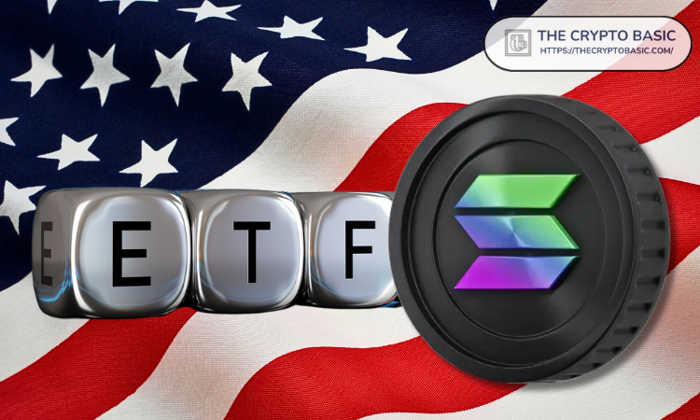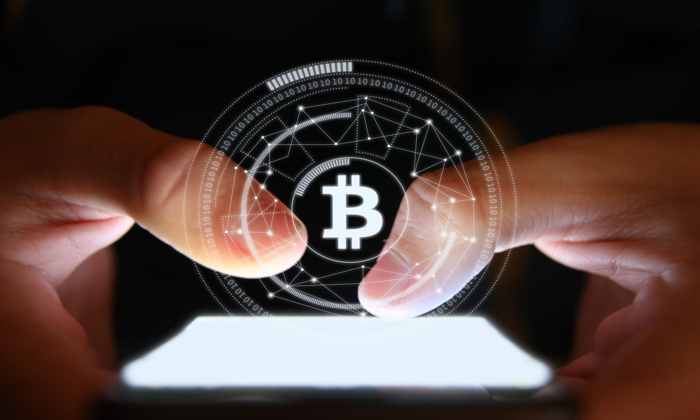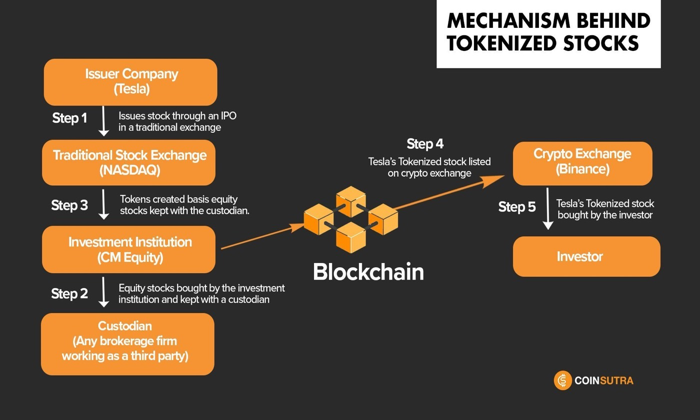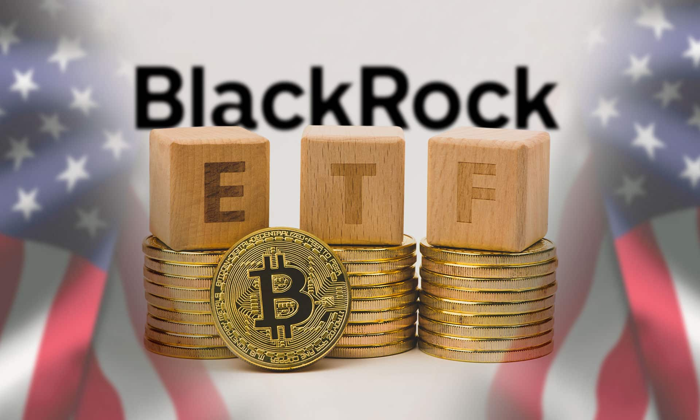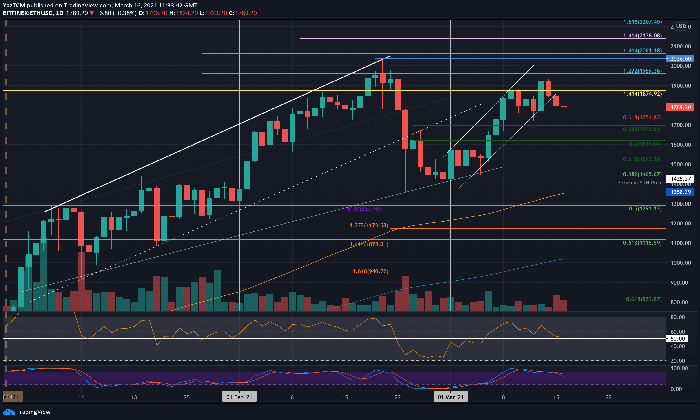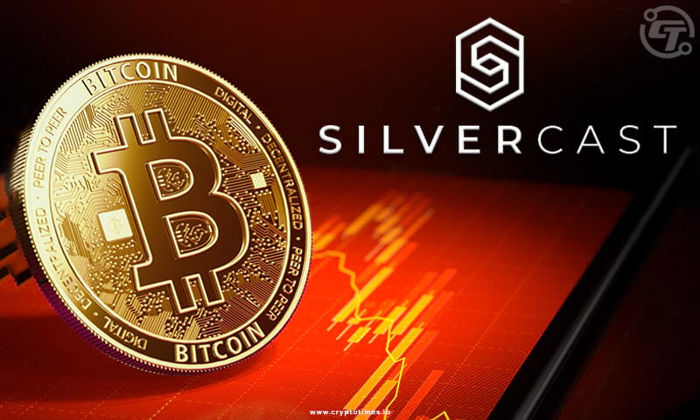In today’s volatile economic climate, Bitcoin stands out as a compelling inflation hedge, offering a form of financial protection that has attracted attention worldwide. With its finite supply and decentralized nature, Bitcoin provides a unique store of value, akin to ‘digital gold’ amidst traditional currencies losing their purchasing power. As investors grapple with the specter of inflation, Bitcoin inflation protection becomes more relevant, presenting an opportunity for those seeking alternative solutions in the cryptocurrency space. The narrative surrounding Bitcoin as an effective cryptocurrency hedge is strengthened by its performance during economic downturns, often positioning it as a key asset for capital preservation. In essence, Bitcoin’s role as a hedge against inflation is not only timely but critical as individuals and businesses navigate uncertain financial waters.
When considering a safeguard against rising costs and economic instability, many turn to digital currencies, particularly Bitcoin. This innovative technology represents a modern answer to age-old financial concerns, acting as a form of speculative hedge in the face of inflation and market volatility. By leveraging Bitcoin’s inherent qualities, individuals can tap into a new frontier of decentralized finance that offers potential protection against currency devaluation. As interest in alternative financial solutions grows, the concept of Bitcoin as a viable store of value becomes increasingly popular among savvy investors and futurists alike. Embracing this digital asset can lead to a more resilient financial strategy, especially as global economic dynamics continually evolve.
Bitcoin: The Gold Standard for Inflation Protection
Bitcoin has gained the reputation of being the ‘digital gold’ due to its inherent scarcity, which is a crucial factor in its effectiveness as an inflation hedge. With a fixed supply of 21 million coins, Bitcoin is designed to become increasingly scarce over time, particularly as demand rises in periods of economic uncertainty. This scarcity creates a compelling argument for investors seeking to protect their wealth from the erosive effects of inflation. Unlike traditional fiat currencies, which can be printed in unlimited quantities, Bitcoin’s supply is mathematically capped, providing a unique form of monetary discipline.
Moreover, Bitcoin has consistently demonstrated its ability to preserve value over the long term, especially during tumultuous economic times. Historical performance indicates that Bitcoin often appreciates in value when inflation rates soar, providing a hedge against purchasing power loss. This differentiates it from assets that may not be able to withstand the same pressures, such as government bonds or even gold, which can fluctuate based on market conditions and geopolitical events.
The Decentralized Finance Revolution: Bitcoin’s Role
Bitcoin’s role in the burgeoning field of decentralized finance (DeFi) cannot be overstated. Unlike traditional financial systems that are often hampered by central authorities, Bitcoin operates on a decentralized network. This independence allows users to transact directly with one another without the need for banks or payment processors, circumventing potential risks associated with institutional failures. During economic crises, when trust in banks diminishes, Bitcoin serves as a stable alternative for individuals seeking to maintain their wealth.
In countries plagued by hyperinflation or poor economic management, Bitcoin has emerged as a lifeline, with citizens leveraging its decentralized nature to preserve their financial stability. This resilience showcases Bitcoin’s utility not only as a store of value but also as a practical solution for those in dire situations. Whether in Argentina or Zimbabwe, people have turned to Bitcoin to escape the grip of their collapsing currencies, reinforcing its status as a powerful tool within the decentralized finance landscape.
Scarcity and Portability: Bitcoin’s Dual Advantage
One of Bitcoin’s most compelling attributes is its scarcity, which, when combined with its portability, provides a robust defense against inflation. Unlike physical assets like gold, Bitcoin can be transferred across borders instantaneously and without the need for intermediaries. This characteristic allows individuals to transport large sums of wealth in a digital format that is less susceptible to theft or loss compared to traditional cash. In times of economic unrest, the ability to quickly move assets is invaluable, providing the flexibility and safety that investors need.
Furthermore, Bitcoin’s digital nature makes it particularly resilient during financial crises. For instance, during the collapse of traditional banking systems, like what occurred with Lehman Brothers in 2008, Bitcoin’s decentralized architecture ensures that funds remain accessible to their owners. This immediacy and ease of access are critical for those looking to safeguard their wealth when faced with the instability of conventional finance systems. Bitcoin’s capacity to serve as a readily available hedge amidst uncertainty underscores its viability as a crucial asset in an investor’s portfolio.
Critics vs. Supporters: The Bitcoin Debate
The debate surrounding Bitcoin as a hedge against inflation is marked by sharp divisions between critics and proponents. Critics frequently point to Bitcoin’s volatility as evidence that it cannot serve effectively as a reliable store of value in the face of inflation. They often highlight the short-term price movements that fail to mirror the expected behavior of an ideal inflation hedge. This shortsightedness overlooks Bitcoin’s trend of appreciating over extended periods and its function as a speculative hedge during market downturns.
In contrast, supporters point to Bitcoin’s historical performance, particularly during times of monetary expansion, as evidence of its potential. They argue that Bitcoin’s correlation with inflationary pressures over the long term highlights its effectiveness in providing protection against currency devaluation. As more corporations integrate Bitcoin into their treasury strategies, its legitimacy as an inflation hedge gains traction. The growing movement towards Bitcoin adoption could ultimately silence critics by demonstrating its role as a meaningful asset for wealth preservation.
The Future of Bitcoin as a Store of Value
As global economies continue to grapple with inflationary pressures, the future of Bitcoin as an effective store of value appears increasingly promising. Bitcoin’s characteristics of scarcity and decentralization align with the need for alternatives in a landscape marked by uncertainty and instability. More investors are beginning to view Bitcoin not just as a speculative asset but as a long-term strategy for wealth preservation similar to gold. This shift in perception could lead to heightened interest and investment in Bitcoin.
Additionally, with growing institutional interest and advancements in regulations surrounding cryptocurrency, the pathway for Bitcoin to cement its status as a store of value is becoming clearer. As businesses and governments explore holding Bitcoin in their reserves, its adoption as a legitimate alternative to traditional stores of value may significantly increase. The interplay of scarcity, decentralization, and portability fortifies Bitcoin’s position as a viable means of protection against inflation.
Bitcoin’s Emergence as a Financial Lifeboat
In uncertain financial times, Bitcoin has emerged as a crucial financial lifeboat, especially for those in nations facing severe inflation. It provides individuals a way to preserve value when local currencies are at risk of collapse. The trend of citizens in unstable economies turning to Bitcoin reveals its effectiveness as a tool for financial security. By enabling individuals to safeguard their wealth outside traditional banking systems, Bitcoin showcases its potential as a reliable alternative.
As the global economy experiences fluctuations and uncertainties, the concept of financial autonomy becomes more vital. Bitcoin not only promotes individual sovereignty over personal finances but also serves as a protective measure against economic turmoil. Through its borderless nature and resistance to censorship, Bitcoin empowers individuals to take control of their wealth, allowing them to navigate uncertain waters with greater confidence.
Regulatory Landscape and Bitcoin’s Future
The evolving regulatory landscape surrounding Bitcoin is critical to its future as an inflation hedge. As governments worldwide begin to understand the implications and potential of cryptocurrency, the regulatory frameworks being developed will play a significant role in shaping Bitcoin’s acceptance and integration into the traditional financial ecosystem. Clear regulations could bolster investor confidence, paving the way for increased adoption and utilization of Bitcoin as a store of value.
Moreover, with the potential for more structured regulations, institutional participation is likely to intensify. As companies increasingly look to crypto assets like Bitcoin for treasury strategies, their contributions to Bitcoin’s valuation will solidify its role as a hedge against inflation. Regulatory clarity can encourage wider participation, promoting stability and fostering trust in Bitcoin’s long-term viability as a key asset in any diversified portfolio.
Bitcoin and the Future of Financial Systems
As Bitcoin continues to mature, its potential to reshape traditional financial systems is becoming more evident. The collapse of systems that fail to adapt could provide fertile ground for Bitcoin’s growth as an inflation hedge. By offering an alternative that is resilient and capable of withstanding significant disruptions, Bitcoin represents a shift towards a more decentralized financial architecture that prioritizes individual empowerment and autonomy over central control.
The integration of Bitcoin into financial systems worldwide could lead to more robust and adaptable economic structures. This transition may not happen overnight, but as the ethos of cryptocurrency gains traction, its role as a foundational element of future financial systems becomes undeniable. Bitcoin not only acts as a hedge against inflation but also serves as a catalyst for innovative financial solutions that could redefine wealth preservation strategies for individuals across the globe.
Investor Education and Bitcoin Utilization
Educating potential investors about Bitcoin and its characteristics is paramount for its successful adoption as an inflation hedge. Understanding the nuances of how Bitcoin works, including its implications for wealth preservation and its role in decentralized finance, are crucial for navigating the complexities of the cryptocurrency landscape. Adequate education can empower individuals to make informed decisions about incorporating Bitcoin into their financial strategies.
As the landscape continues to evolve, the importance of becoming educated on best practices for Bitcoin usage cannot be overstated. Knowledge about secure purchasing, storage options, and transactional methods will enable users to leverage Bitcoin’s advantages effectively. With proper education, individuals can maximize the benefits of using Bitcoin as a hedge against inflation and as a powerful tool for financial freedom.
Frequently Asked Questions
How does Bitcoin act as an inflation hedge to protect against currency devaluation?
Bitcoin serves as a powerful inflation hedge due to its inherent scarcity, capped at 21 million coins. This limited supply mirrors traditional inflation hedges like gold. By owning Bitcoin, investors can protect their wealth against the declining purchasing power of fiat currencies, particularly in times of high inflation.
Is Bitcoin considered a store of value similar to gold in terms of inflation protection?
Yes, Bitcoin is increasingly regarded as a store of value, often referred to as ‘digital gold.’ It offers inflation protection by preserving value over extended periods, especially in environments of rampant money printing, thus attracting investors looking for stability.
What makes Bitcoin a strong contender as a cryptocurrency hedge against inflation?
Bitcoin’s decentralized nature, scarcity, and 24/7 accessibility position it as a robust cryptocurrency hedge against inflation. Unlike traditional currencies, Bitcoin is not influenced by government policies or central banks, making it a reliable alternative during economic instability.
Can Bitcoin be seen as a viable alternative to traditional assets for inflation protection?
Absolutely. Many investors consider Bitcoin a viable alternative to traditional inflation-protective assets like gold due to its unique features such as scarcity, decentralized finance capabilities, and portability. It offers individuals a way to safeguard their wealth in unpredictable economic environments.
In what scenarios has Bitcoin proven its value as a hedge against inflation during economic crises?
Bitcoin has demonstrated its value during various economic crises, such as in Venezuela and Argentina, where local currencies collapsed. People turned to Bitcoin to preserve wealth and conduct transactions, showcasing its potential as a reliable hedge when traditional systems fail.
What role does decentralization play in Bitcoin’s effectiveness as an inflation hedge?
Decentralization is crucial for Bitcoin’s effectiveness as an inflation hedge because it removes control from any single entity, such as governments or banks. This characteristic protects Bitcoin from political interference and makes it more resilient during times of economic strain.
How does Bitcoin’s portability enhance its function as a hedge against inflation?
Bitcoin’s portability allows users to hold and transfer wealth easily, regardless of location. This feature is especially valuable during financial crises or capital controls, as it enables individuals to maintain access to their assets without reliance on traditional banking systems.
What challenges does Bitcoin face in becoming the primary global inflation hedge?
Despite its advantages, Bitcoin faces challenges such as regulatory scrutiny, price volatility, and the need for wider adoption. These factors prevent it from completely dethroning gold as the benchmark for inflation hedges, though it remains a strong contender.
How can investors effectively use Bitcoin as part of their strategy for inflation protection?
Investors can effectively use Bitcoin for inflation protection by incorporating it into a diversified portfolio, understanding its market dynamics, and ensuring they have proper digital wallets for self-custody. Education on Bitcoin’s fundamentals is key for maximizing its protective benefits.
What future developments could enhance Bitcoin’s status as a definitive inflation hedge?
Future developments like increased institutional adoption, regulatory clarity, and advancements in the Bitcoin ecosystem, such as scalability solutions, could enhance Bitcoin’s status as a definitive inflation hedge, making it a more appealing option for preserving wealth.
| Key Points | Explanation |
|---|---|
| Bitcoin’s Scarcity | Bitcoin has a fixed supply of 21 million coins, offering built-in scarcity similar to gold, thus acting as a long-term hedge against inflation. |
| Decentralization | As a decentralized currency, Bitcoin operates independently of governments, which protects its value from political and economic instability. |
| Portability | Bitcoin is easily transferable across borders and remains accessible 24/7, making it a reliable store of value during banking crises. |
| Historical Performance During Crises | In times of economic hardship, such as in Venezuela and Argentina, Bitcoin has become a lifeline for individuals trying to preserve wealth. |
| Emerging Acceptance | More corporations and governments are incorporating Bitcoin into their assets, showing growing confidence in its role as a hedge. |
| Volatility Challenges | Despite its advantages, Bitcoin’s price volatility raises concerns among investors, limiting its acceptance as a straightforward inflation hedge. |
| Education and Awareness | Effective use of Bitcoin as an inflation hedge depends heavily on user education and understanding of its mechanics. |
Summary
Bitcoin as an inflation hedge offers a unique solution for individuals seeking financial resilience in uncertain economic climates. Its scarcity, decentralization, and portability make it an unrivaled asset during high inflation periods and banking crises. While critics point to its volatility and the challenge of broader acceptance, Bitcoin has proven its worth in real-world applications, especially in countries suffering from economic collapse. As corporate adoption increases and awareness spreads, Bitcoin’s role as a speculative hedge against inflation becomes clearer, showcasing its potential to safeguard wealth in an unpredictable financial landscape.
As economic instability looms and inflation rises, many investors consider Bitcoin as an inflation hedge, turning to this cryptocurrency for its potential as a safeguard against depreciating fiat currencies. Bitcoin’s inherent qualities of scarcity, decentralization, and portability position it as a formidable contender for inflation protection, often likened to “digital gold.” In recent years, as central banks around the world pump liquidity into the economy, discussions surrounding Bitcoin’s role as a store of value have intensified, further solidifying its reputation within the realm of decentralized finance. Despite criticism regarding its short-term volatility, Bitcoin’s capacity to preserve wealth during periods of inflation remains a key selling point for both individual and institutional investors. With growing acceptance and utilization, Bitcoin is not just a speculative asset; it has emerged as a significant hedge against economic turmoil and currency devaluation.
In discussions surrounding financial security during turbulent economic times, Bitcoin often arises as a crucial component in maintaining value amidst rising inflation rates. As a decentralized asset, it stands out as a reliable option for those seeking a cryptocurrency hedge against unpredictable market conditions. The term ‘digital gold’ often encapsulates Bitcoin’s potential to act as a store of value, mirroring the traditional precious metal’s role in inflationary environments. With its features attracting both individual and corporate interest, the digital currency is rapidly gaining traction within the realm of economic resilience and financial strategy. In essence, Bitcoin offers a blend of long-term protection and active participation in the new landscape of decentralized finance.





